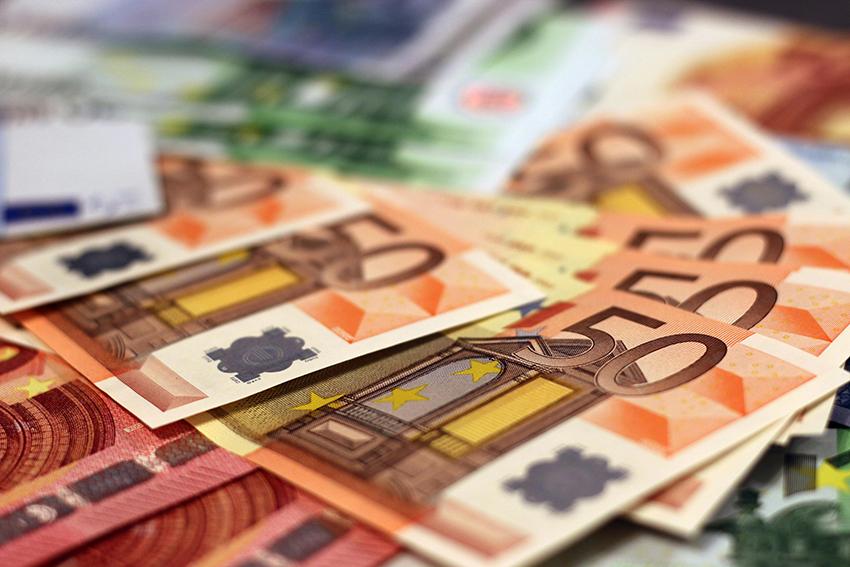Deloitte: Czech companies would mostly welcome the introduction of the euro
Czech companies would mostly welcome the introduction of the common European currency in the Czech Republic. They consider the removal of exchange rate risk and the reduction of transaction costs to be an advantage of the euro. On the other hand, they see the common currency as risky in terms of possible liability for debts of other eurozone countries. This is according to a survey conducted by Deloitte among Czech companies.
"Our survey shows that the adoption of the euro would be rather beneficial for Czech companies. Of course, there are risks and one-off costs associated with the introduction of the common currency, but the positives of greater integration with the European market and freedom from currency risk clearly prevail," said Kateřina Novotná of Deloitte, commenting on the results of the survey, which involved dozens of privately owned companies.
According to the companies, the introduction of the euro in the Czech Republic would facilitate trade with the eurozone, which according to statistics is the most important partner for Czech exporters. It would also reduce the cost of hedging against exchange rate risk, which companies consider an unnecessary cost and administrative burden. Businesses also expect that membership of the eurozone would bring lower interest rates and thus more affordable credit, which could encourage investment.
Companies are concerned about the risk that the Czech Republic would participate in guaranteeing the debts of other euro area countries. They also point to the loss of an autonomous monetary policy, where the Czech National Bank (CNB) would no longer be able to respond to the specific problems of the Czech economy.
In a January poll by Median for Czech Radio Radiožurnál, 21 percent of people said they personally would benefit from the introduction of the euro. The opposite opinion was held by 68 percent of respondents. Students and businessmen in particular expected the common European currency to be beneficial.
The Czech Republic has committed to adopt the single European currency in the Treaty of Accession to the European Union. However, no deadline has been set for the introduction of the euro. The Finance Ministry and the CNB expect that the Czech Republic could meet four of the five criteria for joining the eurozone this year, but it will still not meet the exchange rate stability criterion, which requires two years of membership in the ERM II exchange rate mechanism. The Czech Republic has not yet joined ERM II, and experts from the ministry and the CNB recommend that it should only be in the system for a necessary period of time before the euro is introduced.
In February this year, the government decided not to set a deadline for the Czech Republic to join the euro area or ERM II. It called on the National Economic Council of the Government (NERV) and the Legislative Council of the Government to assess the economic and legal implications of ERM II and the introduction of the euro by the end of October. The cabinet will return to the assessment of the country's readiness for the single European currency in the first quarter of next year.
Source: Deloitte and CTK








